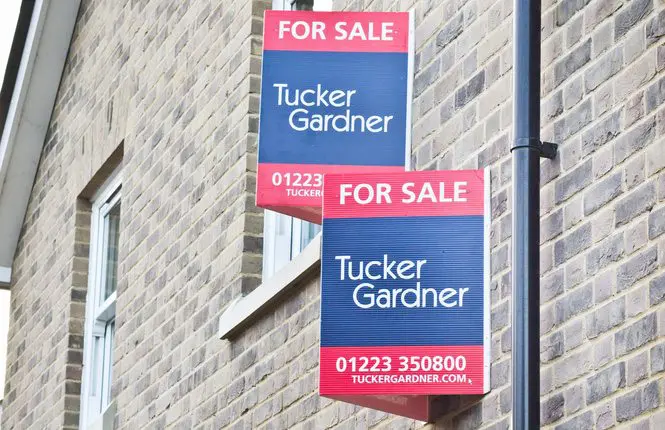Buying a home is a big responsibility. Whether you’re considering buying a home in the future or you’re preparing to look at homes for sale in your area, you need to really think about whether you’re financially prepared to buy a home.
Choosing to buy a home when you aren’t prepared for the financial consequences could result in struggling to pay your expenses. Read this guide to see if you’re financially prepared to buy a home and take this big step!
First, Consider Your Debt?
Your first step in deciding if you’re ready to buy a house is to look at your current expenses. Are you in debt? More importantly, do you have any high-interest debt like credit card debt? If you have excessive credit card debt or other high-interest debt, you probably aren’t ready to buy a home. If you’re struggling to make above the minimum payment on high-interest credit card debt, you should focus on paying those down before you look into buying a home.
Can You Handle Additional Expenses?
Buying a home is a complicated process. It’s about more than just mortgage payments. You’ll be asking more than just how long does it take to close on a house. When buying a home, you’ll need to be prepared to cover a down payment, closing costs, and utility expenses. If you’re already in debt, these additional expenses might be too much for you right now. It’s okay to wait until you are more in control of your expenses before adding additional ones to your plate.
How is Your Emergency Fund?
Being financially secure means not having to rely on credit cards or loans to cover unexpected costs. An emergency savings account is an absolute necessity. You should be able to cover at least 3 months of your basic living expense. Unfortunately, we can’t always predict what will happen in the future. You might lose your job or have an unexpected medical expense. As a homeowner, you’ll have even more potential emergencies. When things go wrong in your rental home or apartment, the landlord is responsible for repairs. When things go wrong in your own home, you’ll be responsible for repairs, improvements, and upkeep.
Do You Have a Retirement Fund?
In addition to an emergency fund, you need a retirement fund. A lot of people nowadays are not adequately saving for their retirement. While buying a house can be a good investment, you still need to have your financial foundation in place before you commit to another expense. If you have a 401k or workplace retirement plan, you should be contributing regularly and receiving an employer match. If you aren’t eligible for a workplace plan, you can always open an IRA at a brokerage and contribute a percentage of your paycheck. Speak to a financial planner about the best retirement savings plan for you.
Do You Have a Budget?
Finally, you can’t start looking for a home until you fully understand your budget. Too many excited home buyers jump into a mortgage for a home above their budget because they convince themselves they can afford it. Not sure what you can afford? Your home expenses including utilities should not cost more than 35% of your entire pay. Remember being a homeowner involves more than just mortgage payments. You should include the full cost in your budget to find a home price range for you.
Buying a Home
Are you ready to buy a home? How did your finances stack up against the qualifications above? If you decide you aren’t in the position to purchase a home right now, you can be proactive about preparing for the future. Buying a home is a big financial commitment, and you shouldn’t step into a new home agreement lightly!


